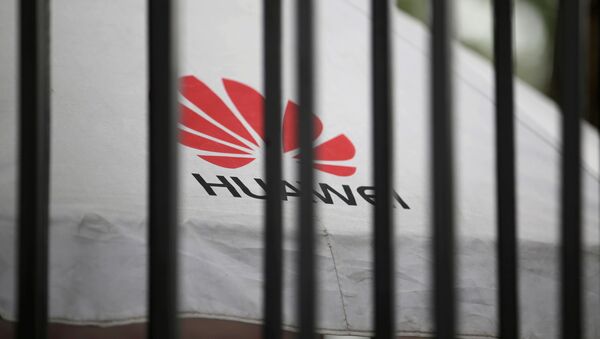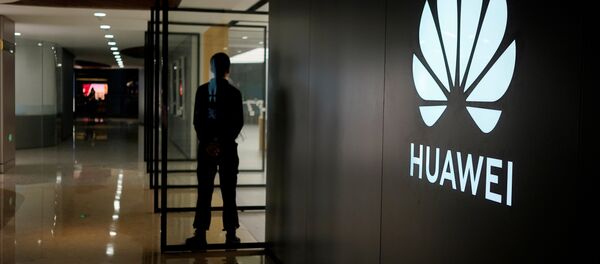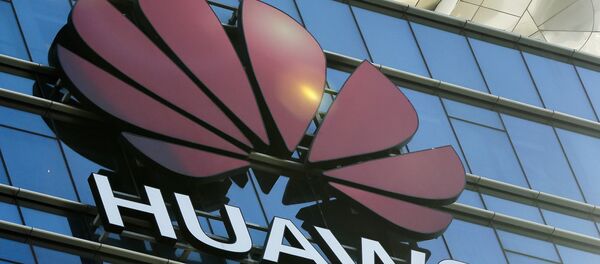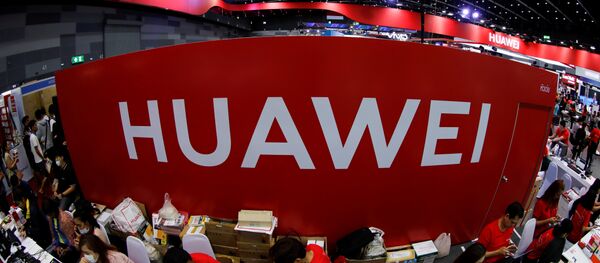At the moment, the entire Huawei ecosystem is adapted for Android. US sanctions encourage the company to engage in in-house development.
As Global Times reports, back in May, Huawei registered the Hongmeng trademark in China; this is what the new OS will be called in the domestic market. In addition, the company filed an application to the European Union Intellectual Property Office (EUIPO) to register the OAK OS trademark. At the moment, the application is pending.
It became known that Huawei has been working on its own OS for computers and mobile devices at least since 2012 after the US Department of Commerce had decided to blacklist Huawei, and Google had announced termination of cooperation with the Chinese company. In particular, after the 90-day “grace period”, updates for the Android OS and Google services, such as Gmail, Google play, etc., won’t be available for new Huawei smartphones. Thus, the world’s second-largest smartphone supplier, that provided consumers with 206 million products in 2018, could face a serious drop in demand, especially in global markets, where Android and IOS users account for more than 90% [of the total number of users].
READ MORE: Rare Look Inside Chinese Tech Giant Huawei's New Ox Horn Campus
“The Trump administration and the US Department of Commerce have added Huawei to the list of companies subjected to export control, and have banned Huawei from purchasing technology and components from American suppliers. Thus, the US hopes to maintain its monopoly in the IT field; but this attitude is absolutely short-sighted. First of all, even before Google, some White House officials had written to the US Congress calling for government entities to stop the ban on purchasing Huawei equipment. The reason behind this is quite simple – they were afraid that American companies wouldn’t be able to fulfil an order for replacing the equipment of the Chinese company, not to mention the fact that the price of their products would increase significantly. Replacing a technical product is a complex and expensive process that requires a number of complex procedures. In such circumstances, US companies that use Huawei equipment will incur significant financial costs. And this will affect the entire process of public procurement in the United States.
In general, it can be said that there’re three reasons behind Google’s statement. Firstly, if Huawei is banned, American companies will incur big financial costs. Secondly, Huawei would be able to quickly overtake the United States in technological development, and it will be a greater threat to the technological hegemony of the United States. And thirdly, Google may not reach its target annual performance indicators. For the first little while, US sanctions against Huawei may damage the company. But we’ll continue exploring new markets. We will have new ideas.”
READ MORE: Huawei Predicted Trump's Tech Crunch Years in Advance, Building Own OS in Secret - Report
Indeed, the OSs’ competitiveness is largely determined by their compatibility with applications. Attempts to break the duopoly of Android and IOS have been repeatedly made by Microsoft with its Windows OS, and Samsung with its Tizen OS. However, many Android and IOS apps didn’t work with these systems; and app developers refused to write separate codes for new OSs, whose market share at the entry stage was naturally negligible. Therefore, all these projects have not taken root – it turned out to be not convenient to use alternative OSs.
READ MORE: UK Phone Firms Demand Clarity From Westminster Over Huawei
According to Zhou Rong, Huawei’s new OS may not be immediate success. Everything will depend on how convenient it is for users. And while it’s hard to doubt its success in China’s domestic market – of course, local developers will make their apps compatible with the new OS – Huawei will have to try hard to capture the global markets. But the Chinese technological giant will have a real chance to demonstrate its technological potential to the world and do what neither Microsoft nor Samsung managed to do.
The views expressed in this article are those of the speaker and do not necessarily reflect those of Sputnik.




